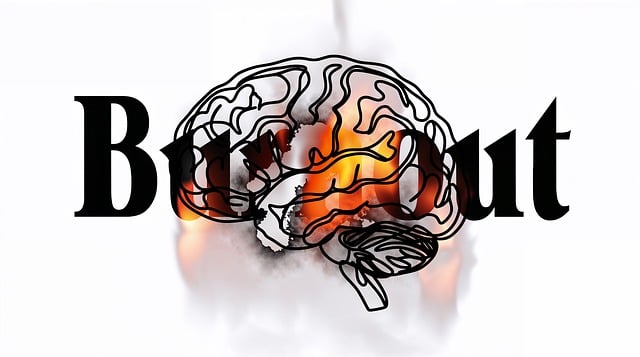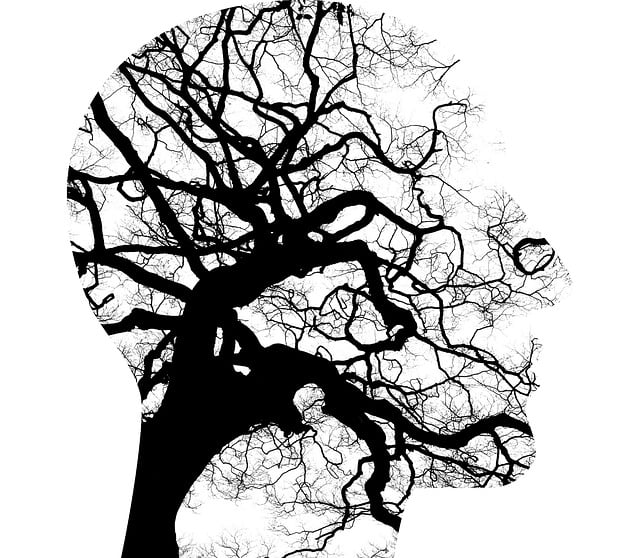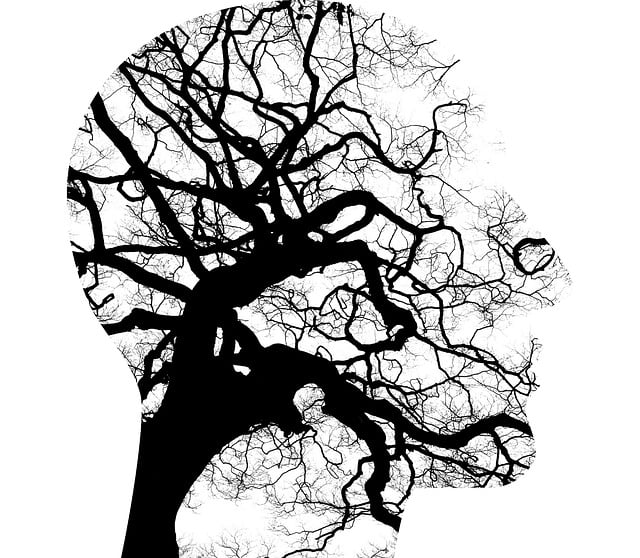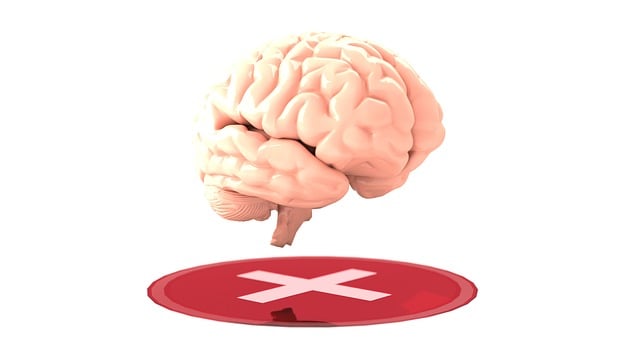Cultural sensitivity in therapy is crucial for adolescent cancer patients, addressing diverse backgrounds to enhance crisis intervention and prevent burnout. Tailoring support aligns with teens' cultural contexts, boosting self-esteem and trust with healthcare providers. Mental health professionals use age-specific strategies, encouraging open communication and building resilience for better coping and recovery. Incorporating cultural competence involves nuanced approaches, active listening, and stigma reduction to foster an inclusive environment. Empowering teens through culturally sensitive therapy overcomes challenges, integrating empathy and public awareness campaigns for improved care.
Cultural sensitivity is a cornerstone in providing effective mental healthcare for adolescent teens facing cancer issues. Understanding and navigating diverse cultural backgrounds is crucial to delivering support that resonates with unique challenges and needs. This article explores the importance of cultural competence in therapy, delving into practical strategies for practitioners. Through case studies, we demonstrate successful cultural-sensitive practices that empower teens with cancer, highlighting the transformative impact of tailored care.
- Understanding Cultural Sensitivity: A Cornerstone for Teen Cancer Support
- Navigating Adolescent Mental Health: Unique Challenges and Needs
- Incorporating Cultural Competence in Therapy: Practical Strategies
- Empowering Teens with Cancer: Case Studies of Successful Cultural-Sensitive Practice
Understanding Cultural Sensitivity: A Cornerstone for Teen Cancer Support

Cultural sensitivity is a cornerstone in providing effective therapy for adolescent teens with cancer issues. Understanding and respecting diverse cultural backgrounds, beliefs, and practices can significantly enhance crisis intervention guidance and burnout prevention strategies. Every teenager, regardless of their ethnic or socioeconomic origin, deserves support that aligns with their unique cultural context. This approach not only improves self-esteem but also fosters a sense of trust and collaboration between the patient and healthcare provider.
When integrating cultural sensitivity into cancer care for teens, mental health professionals must be adept at tailoring interventions to avoid inadvertently triggering cultural barriers or missteps. By embracing a nuanced perspective, they can offer more personalized support, ensuring that crisis intervention is not just reactive but proactive and culturally appropriate. This empathetic approach ultimately contributes to better outcomes in the journey towards recovery.
Navigating Adolescent Mental Health: Unique Challenges and Needs

Navigating the complex landscape of adolescent mental health requires a nuanced approach, especially when addressing the unique challenges and needs of teens facing cancer issues. This demographic often encounters significant barriers to accessing quality care due to their developmental stage and the impact of life-threatening illnesses. The journey through therapy for adolescent teens with cancer is fraught with emotional, social, and physical complexities. They may struggle with fear, anxiety, depression, and identity crises as they confront their diagnoses and navigate treatment plans.
Mental health professionals play a pivotal role in supporting these young individuals by tailoring therapeutic interventions to their specific circumstances. Incorporating strategies from mental health education programs designed for this age group can foster open communication and build resilience. Conflict resolution techniques and emotional well-being promotion methods tailored to adolescents facing cancer can significantly enhance their coping abilities and overall recovery.
Incorporating Cultural Competence in Therapy: Practical Strategies

Incorporating cultural competence in therapy for adolescent teens with cancer issues requires a nuanced approach that goes beyond basic knowledge. Therapists should engage in communication strategies tailored to respect and understand diverse cultural beliefs, values, and experiences. This might involve learning about specific communities’ unique coping mechanisms, family dynamics, and traditional healing practices. Active listening, open-ended questions, and avoiding assumptions are practical tools to foster a safe and non-judgmental space for teens to express themselves honestly.
Compassion cultivation practices play a significant role in building strong therapeutic alliances. Therapists can cultivate self-awareness about their own cultural biases and project them onto clients. By recognizing and challenging these biases, therapists create a more inclusive environment. Mental illness stigma reduction efforts are also essential to supporting adolescent cancer patients from diverse backgrounds. Encouraging open conversations about mental health, normalizing therapy, and promoting understanding of cancer’s emotional impact can significantly enhance teens’ willingness to seek and engage in effective therapy.
Empowering Teens with Cancer: Case Studies of Successful Cultural-Sensitive Practice

Empowering Teens with Cancer: Case Studies of Successful Cultural-Sensitive Practice
In a world where cultural diversity is ever-present, mental healthcare professionals must be adept at navigating complex socio-cultural landscapes to offer effective support. This is particularly crucial when addressing the unique challenges faced by adolescent teens battling cancer. By integrating empathy building strategies and emotional intelligence into therapy sessions for young patients with cancer issues, healthcare providers can foster a sense of understanding and trust that transcends cultural barriers.
Public awareness campaigns development plays a vital role in promoting cultural sensitivity within the medical community. Educating both healthcare professionals and the general public about the impact of cancer on adolescents from diverse backgrounds fosters an environment where every teen feels seen, heard, and respected. Through case studies showcasing successful cultural-sensitive practices, we can learn valuable lessons that empower teens with cancer to overcome their struggles, emphasizing the importance of tailored therapy approaches that address both medical and emotional needs within a nuanced cultural context.
Cultural sensitivity is an indispensable aspect of mental healthcare, especially when supporting adolescent teens facing cancer issues. By incorporating practical strategies that foster cultural competence, therapists can create a safe and empowering environment. The case studies presented demonstrate the positive impact of culturally sensitive practice, highlighting its potential to revolutionize therapy for this vulnerable population. Navigating the unique challenges and needs of adolescents with cancer requires an understanding of their diverse cultural backgrounds, enabling healthcare professionals to provide tailored support and enhance overall well-being.














